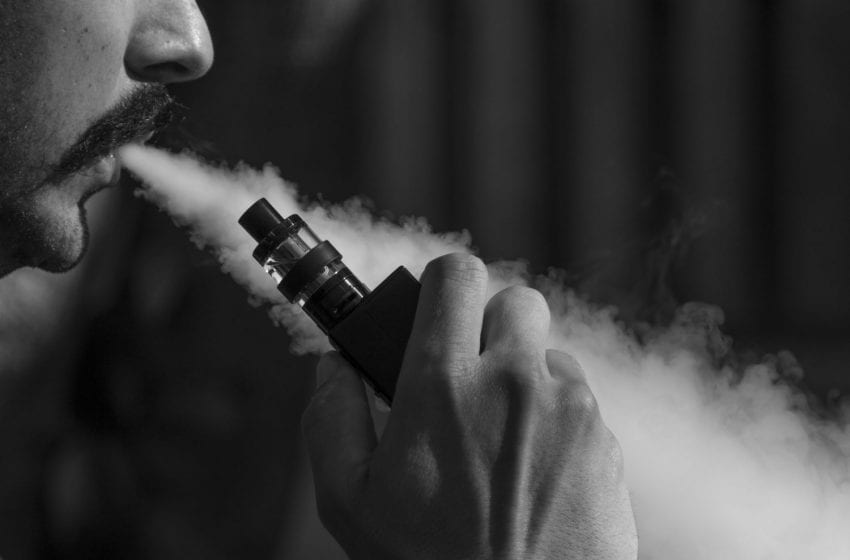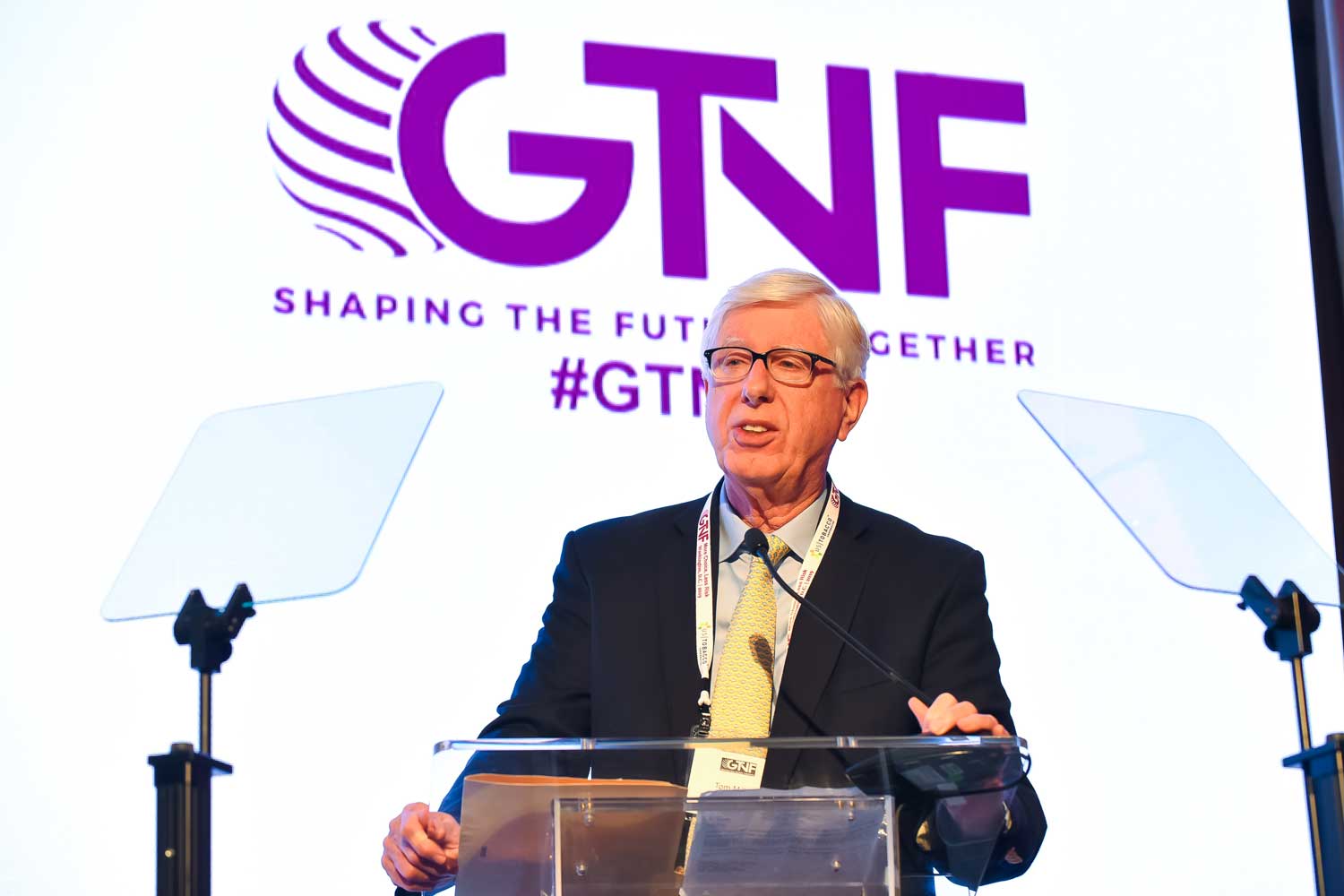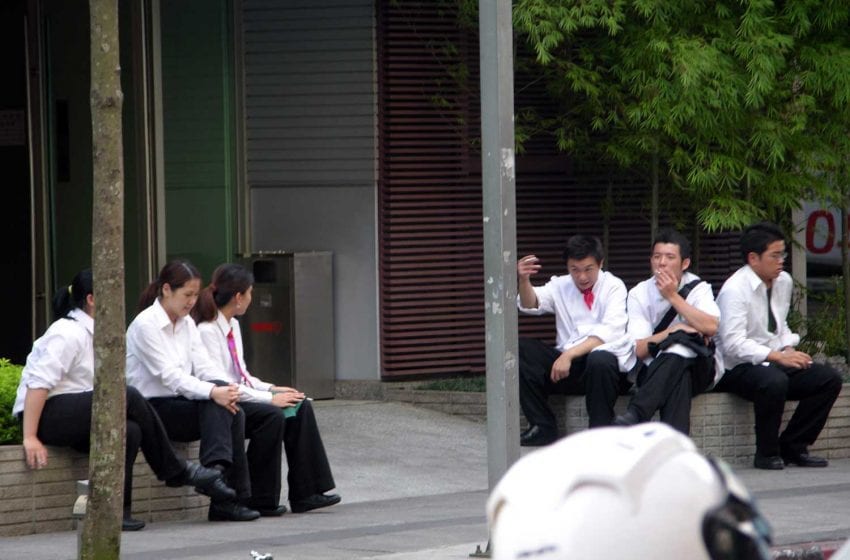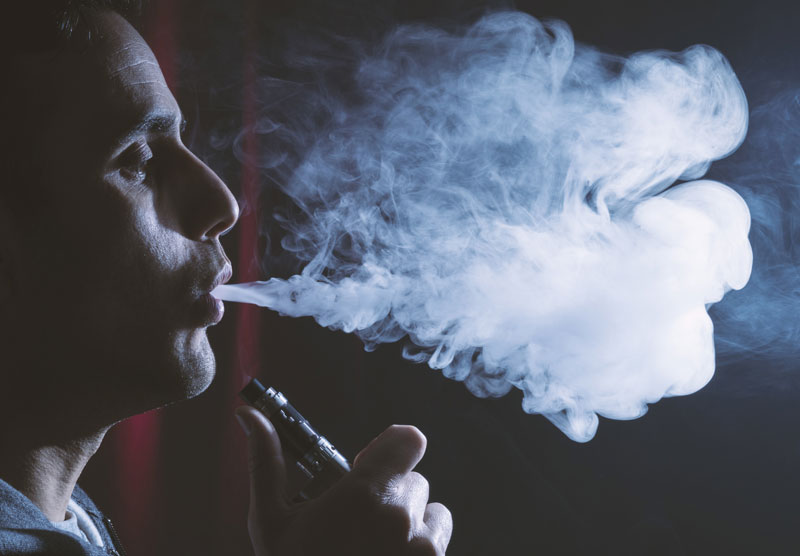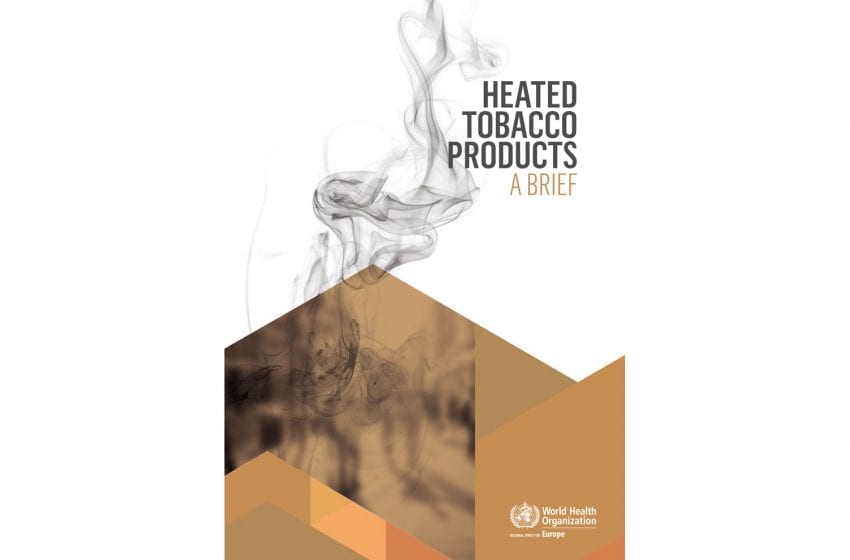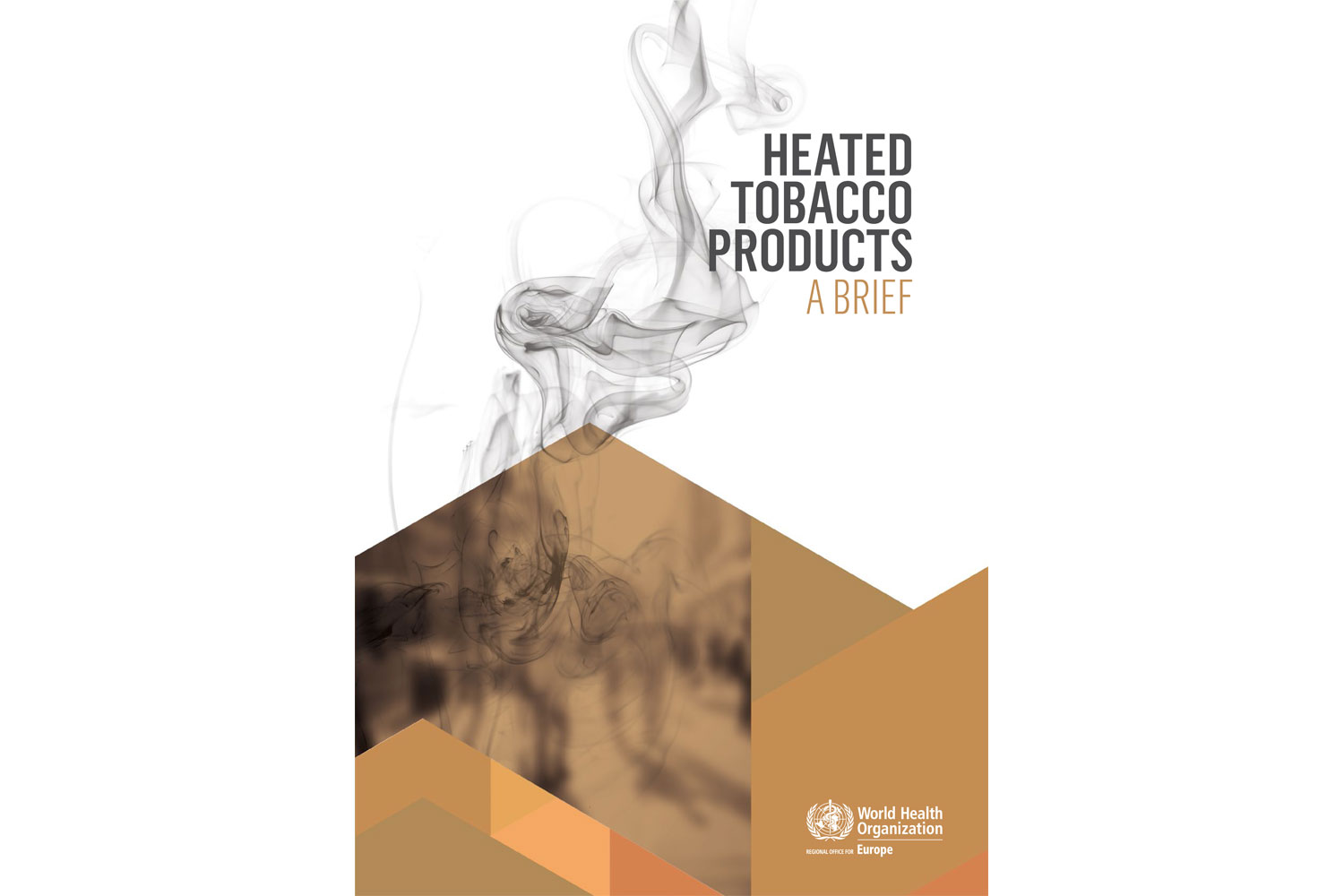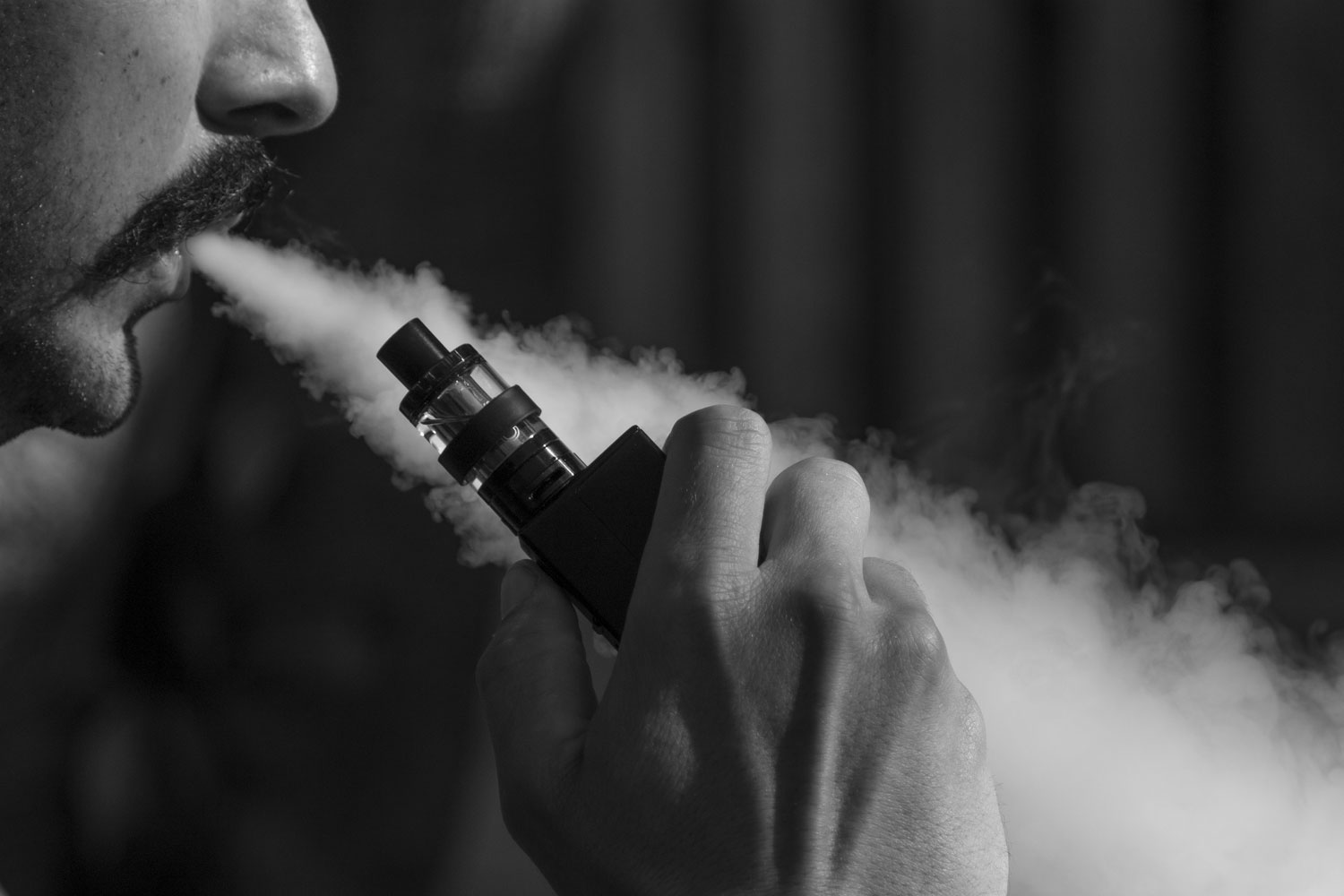
Vapor products remain widely available in India eight months after the country banned them.
In September 2019, India prohibited the sale of vapor products to promote public health and prevent youth use (also see “Nipped in the Bud,” Tobacco Reporter, May 2020). “We immediately took a decision so that the health of our citizens, our young is not thrown at risk,” India’s finance minister, Nirmala Sitharaman, said at the time.
While leading players such as Juul have left the country, vapor products remain widely available today. People can still buy e-cigarettes on the internet or from any paan shop, according to press reports.
Most products on the market today originate in China and retail for less than the offerings of the banished Western companies did.

“The only thing that the ban has changed is branded products are out of the market,” a seller who has been in the business for three years was quoted as saying.
“It is difficult to enforce regulations as nicotine is available in all other forms,” Samrat Chowdhery, founder and director of the Association of Vapers India, told Business Insider. “Formal players making e-cigarettes are exiting the market. Once black market industry gains a footover, it will be impossible to get control over it. The government missed a golden opportunity to tax these products.”

